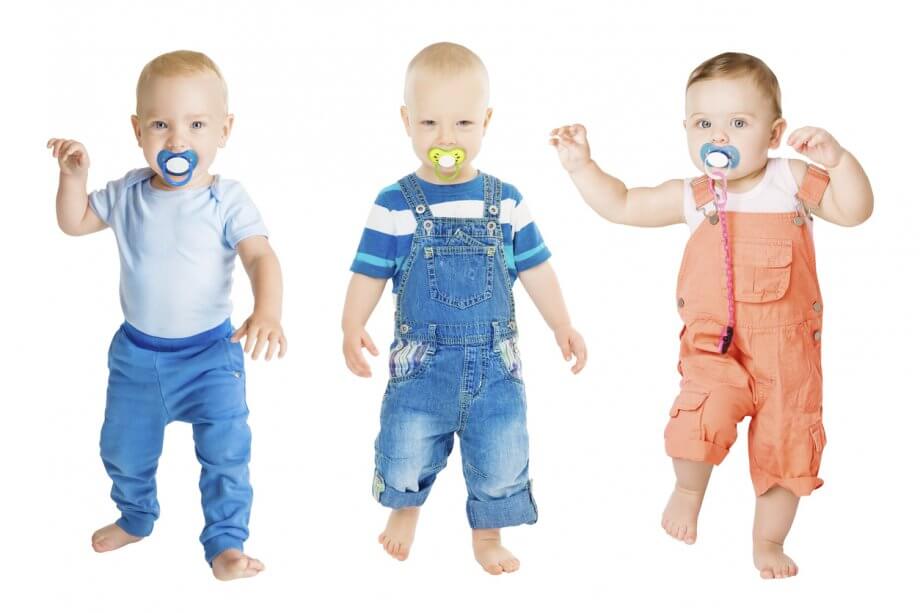Most babies love pacifiers and so do their parents. Pacifiers are designed to give babies the sucking experience that they crave in a portable and easy-to-deliver package. While a pacifier can be a useful aid in caring for babies, relying on them too much can also be a problem. This is especially true for any child that has exposed teeth or teeth that are coming in. If you have a child, here is what you need to know about baby pacifiers.
Pacifier Overuse
One of the biggest problems that you will face with baby pacifiers is overuse. A pacifier is not made to be a long-term solution to the sucking demands of a child. Pacifiers put pressure on your babies mouth structures. While most pacifiers are designed to be ergonomic, even the best pacifier can be overused.
Pacifier overuse can lead to several problems including teeth displacement. As your child’s teeth come in, putting long-term pressure on their teeth and gums can cause the teeth to shift and grow in crooked. It can also lead to gum irritation since pacifiers are made out of materials that are non-lubricating. That means that the longer your child uses a pacifier, the drier the area around it will be if he or she does not take a break. Gum irritation leads to irritability and can affect your baby’s overall dental health.
Crooked Teeth
Crooked teeth are often the most easily visible problems that babies face when overusing pacifiers. The pacifier can cause your baby’s teeth to shift, even if they are not fully exposed yet. This tends to happen more with the four front teeth since they are directly in the path of the pacifier. However, having any teeth grow in crooked can cause the other teeth to adjust around them making it a systemic problem. You can prevent this by limiting pacifier use around the time that teeth start to come in, or eliminate it altogether when teeth become visible.
Difficult to Discontinue Thumb-Sucking
Extending use of a pacifier into later months and years creates behavioral issues as well. The longer your child is allowed to use a pacifier, the more likely he or she is to be a thumb sucker when you stop using it. Even worse, this makes it more difficult to discontinue thumb sucking at older ages.
The problem begins when you allow your child to continue using the pacifier into later months or years. At some point, all babies lose the impulse to suck, which is a vital part of their existence until they can eat other liquids or solids. If you continue using the pacifier, this impulse because a habit that is harder to break. Even if you do break it and your child replaces a pacifier with his or her thumb, the habit continues and becomes more difficult to deal with at a later age.
Discontinue at Age 2
If you want to avoid many of the issues with baby pacifiers, then stop at age two. By then, your child should have some teeth that are stable and in place, and the impulse to suck should be gone. This will help you protect his or her teeth as the back teeth finish growing in. It could also help straighten crooked front teeth since the back teeth could force his or her other teeth back into place.
Call us at Tender Smiles 4 Kids at one of our four locations to discuss pacifier issues; Freehold 732-625-8080, North Brunswick 732-249-1010, Edison 732-549-3773, or Roselle 908-245-5556 or contact us online here.

